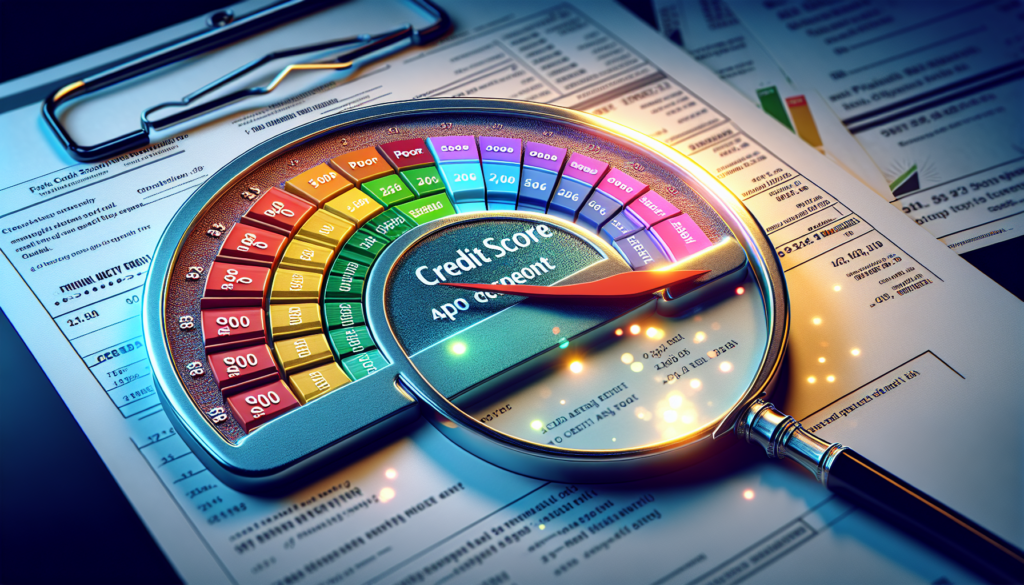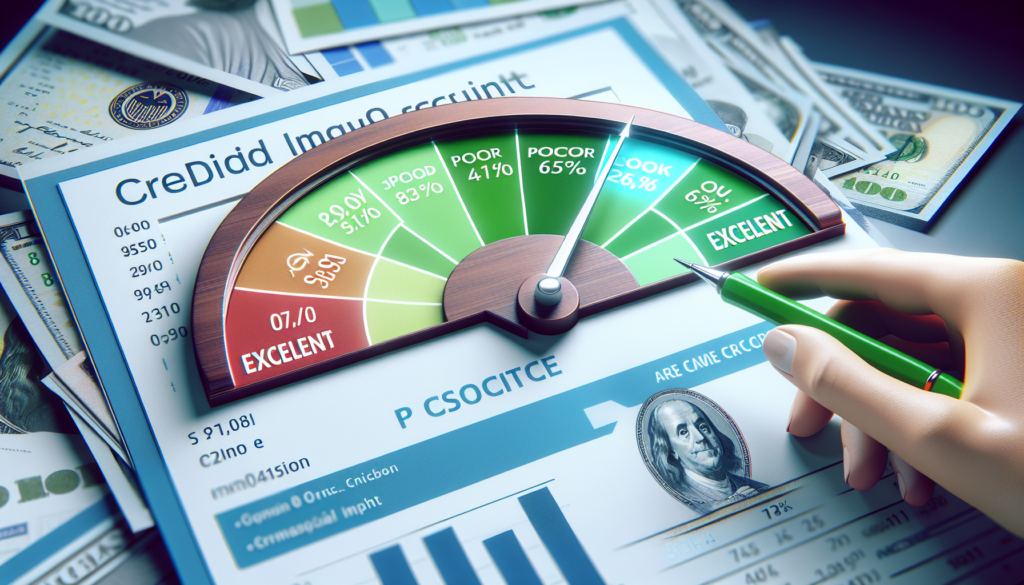
The impact of filing for Chapter 7 versus Chapter 13 bankruptcy on credit scores varies, reflecting the different natures of these bankruptcy types. While both can significantly affect your credit score, the specifics of the impact and the recovery process have some distinctions:
Chapter 7 Bankruptcy:
- Immediate Impact: Chapter 7 bankruptcy can lead to a substantial drop in your credit score. The exact impact varies depending on your credit profile before bankruptcy, but it’s not uncommon to see a decrease of 200 points or more.
- Duration on Credit Report: A Chapter 7 bankruptcy remains on your credit report for 10 years from the filing date. The long-lasting nature of this mark can continue to affect your creditworthiness, although its impact diminishes over time.
- Recovery: Post-discharge, you can start rebuilding your credit immediately. With diligent effort, such as using secured credit cards and ensuring on-time payments, your score can gradually improve. Some individuals may see their scores rise into the fair or good range within a few years after discharge, depending on their credit activities.
Chapter 13 Bankruptcy:
- Immediate Impact: Chapter 13 also results in a significant credit score drop, but it might be slightly less severe compared to Chapter 7, especially if you had a higher amount of debt that is being restructured. The impact is still substantial, reflecting the seriousness of bankruptcy.
- Duration on Credit Report: Chapter 13 bankruptcy stays on your credit report for 7 years from the filing date, which is shorter than Chapter 7. This difference reflects the ongoing repayment efforts in Chapter 13.
- Recovery: While you’re in a Chapter 13 repayment plan (which lasts 3-5 years), your ability to obtain new credit is limited. However, once you’ve completed the plan and the bankruptcy is discharged, you can start rebuilding your credit. The process is similar to post-Chapter 7, but you might have a head start in recovery since the bankruptcy falls off your credit report sooner.
Commonalities and Differences:
- Both types of bankruptcy signal to creditors that you’ve had significant trouble managing your debts, which is why they both result in substantial credit score drops.
- The recovery process for both involves establishing new credit lines, making timely payments, and being financially responsible.
- Chapter 13 reflects a commitment to repaying debts, which might be viewed slightly more favorably by some future lenders compared to Chapter 7, which involves debt discharge without repayment.
Both Chapter 7 and Chapter 13 bankruptcies have a profound impact on your credit score, but the nuances of their effects and the timeline for recovery differ. Chapter 13’s shorter duration on the credit report and the repayment aspect might offer slight advantages in terms of credit recovery, but both require a proactive approach to credit rebuilding post-bankruptcy.


Get a Free Bankruptcy Case Evaluation